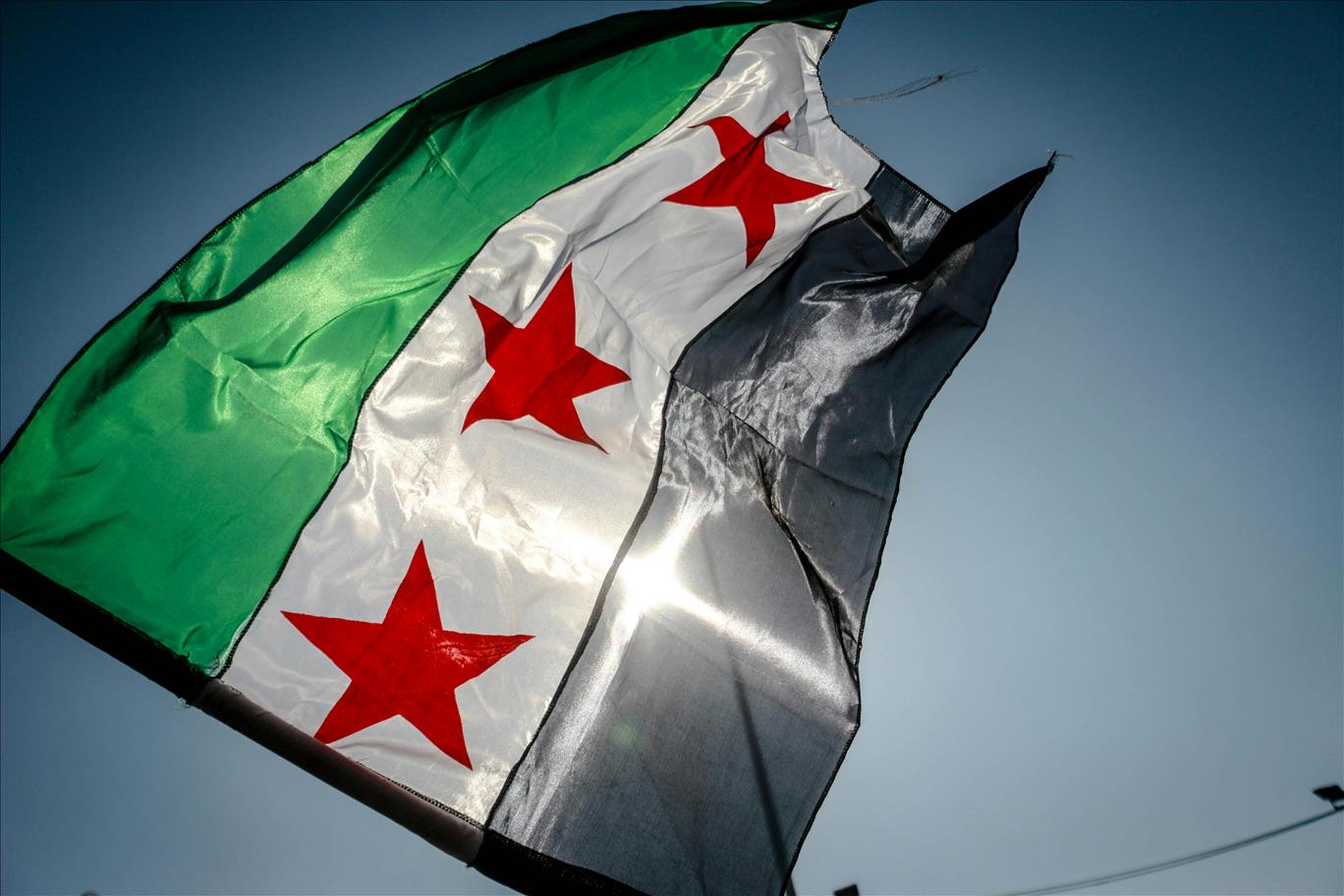
403
Sorry!!
Error! We're sorry, but the page you were looking for doesn't exist.
Syria's Suwayda Reaches Ceasefire
(MENAFN) Armed confrontations persisted on Saturday between Bedouin tribal combatants and regional militant factions in the Syrian province of Suwayda, despite the commencement of a nationwide ceasefire enforced by internal security units.
Authorities have begun implementing the truce by positioning security personnel throughout the area to restore order.
As reported by an official news outlet, security forces have initiated their deployment both inside and on the outskirts of Suwayda.
Their goal is to uphold the ceasefire’s conditions and contribute to reestablishing calm. Nevertheless, the outlet noted that fierce battles continue to rage in certain areas of the province.
Earlier in the day, the Syrian presidency declared an “immediate and comprehensive ceasefire” in response to the ongoing turmoil that has gripped the southern province in recent days.
Hostilities initially erupted on July 13 between Arab Bedouin tribes and armed Druze factions in Suwayda.
The situation quickly deteriorated, leading to a series of Israeli airstrikes targeting Syrian army facilities and infrastructure, including locations in the capital, Damascus.
Israel justified the strikes by citing the need to protect Druze populations, using it as a rationale for its military actions within Syrian territory.
In a major political shift, Syria’s longtime ruler, Bashar al-Assad—who led the nation for almost a quarter of a century—fled to Russia in December.
His departure marked the collapse of the Baath Party’s reign, which had governed the country since 1963.
Authorities have begun implementing the truce by positioning security personnel throughout the area to restore order.
As reported by an official news outlet, security forces have initiated their deployment both inside and on the outskirts of Suwayda.
Their goal is to uphold the ceasefire’s conditions and contribute to reestablishing calm. Nevertheless, the outlet noted that fierce battles continue to rage in certain areas of the province.
Earlier in the day, the Syrian presidency declared an “immediate and comprehensive ceasefire” in response to the ongoing turmoil that has gripped the southern province in recent days.
Hostilities initially erupted on July 13 between Arab Bedouin tribes and armed Druze factions in Suwayda.
The situation quickly deteriorated, leading to a series of Israeli airstrikes targeting Syrian army facilities and infrastructure, including locations in the capital, Damascus.
Israel justified the strikes by citing the need to protect Druze populations, using it as a rationale for its military actions within Syrian territory.
In a major political shift, Syria’s longtime ruler, Bashar al-Assad—who led the nation for almost a quarter of a century—fled to Russia in December.
His departure marked the collapse of the Baath Party’s reign, which had governed the country since 1963.

Legal Disclaimer:
MENAFN provides the
information “as is” without warranty of any kind. We do not accept
any responsibility or liability for the accuracy, content, images,
videos, licenses, completeness, legality, or reliability of the information
contained in this article. If you have any complaints or copyright
issues related to this article, kindly contact the provider above.


















Comments
No comment